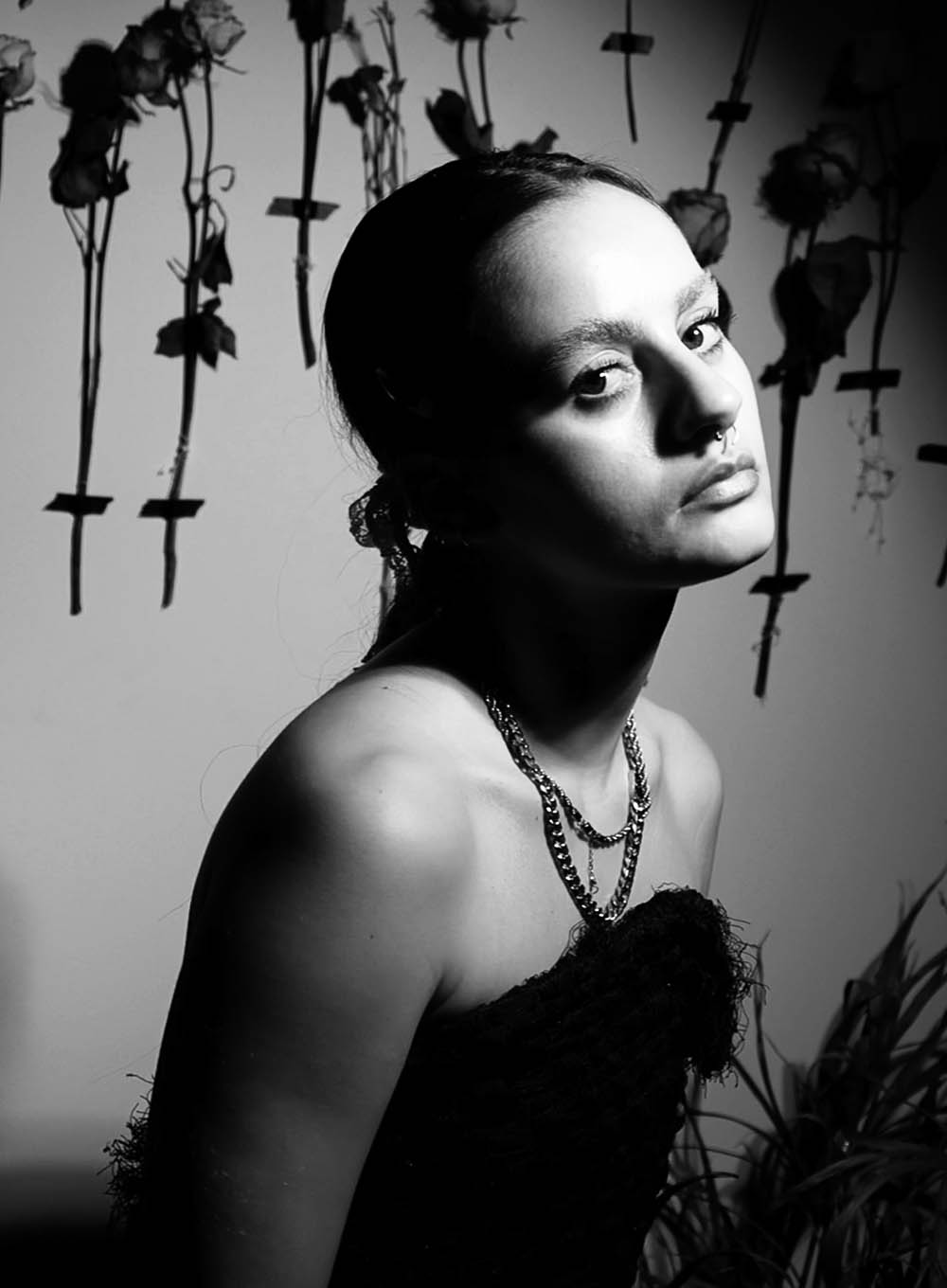Thursday, October 2 | 07:30 PM
Fashion House | By invitation only
FREEDOM IS A WOMEN’S NAME is an extension of the work done by Ana Margarida Feijão in her graduate collection, presented in 2024 at NYFW.
Inspired by the documentary series “Nome Mulher,” produced by RTP and created by Maria Antónia Palla and Antónia de Sousa, the collection draws from the stories of Portuguese women in the period following April 25, 1974. Real stories, often forgotten, of those who lived through the promise of freedom in a country still bound by old habits. Margarida intertwines these memories with those of the women who raised her — women from the south, from the land, grounded in strength — and with her own experience as a Portuguese woman who inherited a democracy still marked by patriarchal legacies.
Silhouettes and details from traditional Portuguese costumes serve as a starting point — reimagined with respect and intimacy, as if dressing memories with new eyes. There is a constant tension between structure and fluidity, between what shaped us to be and what we wish to become.
The collection features a monochromatic palette dominated by black — a deliberate choice, rich in symbolic and emotional weight. Here, black does not represent absence but rather the concentration of memories, struggles, and silent resistances. textiles manually constructed from yarns receive treatments that give them their own structure — firm without losing lightness, delicate yet with a strong presence. The silks, hand-draped and inspired by the voluminous skirts of traditional Portuguese attire, contrast with the firmness of leather, reflecting the constant tension between protection and exposure.
Each piece is conceived as a body of memory — as if the garment itself holds lived stories and inherited silences. More than clothing, this collection is a declaration of resistance. It speaks of intergenerational traumas, of freedom won through struggle, of a female body that resists imposed forms.

